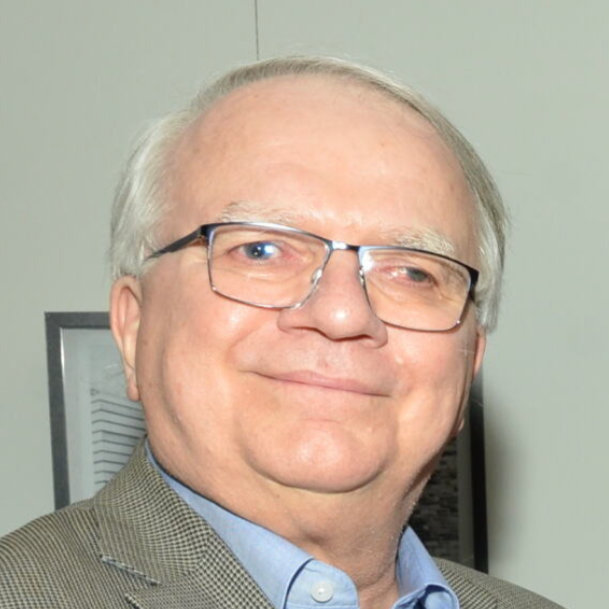
When David Hulchanski came to Toronto from Albany, NY in 1972, his goal was to get a master’s degree in urban planning. He never imagined he’d end up living across the hall from a young co-op housing visionary named Mark Goldblatt, setting him on a path for a life-long relationship with non-profit co-op housing!
That was at Alexandra Park Housing Co-operative, a co-op not far from the University of Toronto where he was studying. Through his friendship with Goldblatt, Hulchanski became involved in the governance of the co-op which ultimately hired a young idealist named Tom Clement as the co-op’s manager, cementing that life-long relationship too!
After completing his Master’s, Hulchanski continued at U of T in the PhD program in urban planning. He took a part-time job at CHFT where he applied his planning knowledge to assist with the development of more housing co-ops. He was the Treasurer on the incorporating board of directors of CHFT’s development of the J.S. Woodsworth Housing Co-op in the St. Lawrence neighbourhood. He’s proud of the innovative design of Woodsworth, with a focus on family appropriate housing.
Following the completion of his doctorate in 1983, Hulchanski became a professor at the University of British Columbia’s School of Community and Regional Planning, where he spent eight years while maintaining ties with the housing co-op sector through Vancouver’s resource groups. In 1991, he returned to the University of Toronto, where he now holds the prestigious Dr. Chow Yei Ching endowed chair in housing at the Factor-Inwentash Faculty of Social Work.
As a prominent Canadian academic studying housing trends, Hulchanski brought attention to the widening wealth gap in Toronto with his groundbreaking 2010 report “Three Cities Within Toronto”. This report illustrated an unsettling trend that continues to the present: wealthier areas (City #1) and poorer areas (City #3) of the city were expanding, while middle-income areas (City #2) were slowly eroding.
Throughout his career, Hulchanski has advocated for a community-based approach to housing and the self-governance model for social housing. He highlights the primary challenge for development of more co-op communities as being their establishment, after which he suggests, “the rest is easy.” This challenge has been amplified over the past two decades by a lack of government programs supporting social housing.
Throughout its history, Canada’s housing system has favoured homeownership, to the detriment of rental housing and lower-income renters. This policy has led to widespread housing insecurity, regressive income redistribution, racialized intergenerational wealth inequality, and mass homelessness. The rise in income and wealth inequality since the 1990s has only worsened these issues. Hulchanski consistently advocates for an inclusive housing system that ensures stable, affordable housing and neighborhoods for all, seeing non-profit co-op housing as an integral part of this vision.
When asked why development is a challenge, he describes co-ops as a sidestep away from the capitalist market that dominates housing. Non-market housing like co-ops is seen as a threat so the market launches a full-on assault against it. He credits the grassroots co-op movement with past successes to get large-scale co-op projects built, like the St. Lawrence neighbourhood in the ‘70s and ‘80s. People fought against the idea of housing as a financial asset – a vehicle for increasing wealth for some at the expense of the many – rather than as a social good. He calls on the non-profit co-op housing community to pick up that challenge again and fight for a return to public investment in co-op development. He’s confident it can happen because he’s seen it in the past. He says we successfully made our health care system inclusive some decades ago, we need to do that with our housing system. Who will be our housing system’s Tommy Douglas, he keeps asking.
Hulchanski continues his commitment to co-op housing, currently serving as President of the CHFT Development Society Inc., which is working on developing more housing co-ops using City and land trust land which will require financial support from government.
Hulchanski is proud of having raised two daughters who are both advocates for a more just world.
David Hulchanski was named an Honorary Lifetime Member of CHFT in 2004.